ROSEIS Team
The ROSEIS platform has been developed under the umbrella of the ESTRO Radiation Oncology Safety and Quality Committee and a sub-group is responsible for the development and maintenance of the platform. Consistent with the membership of the ROSQC this sub-group is multidisciplinary to reflect the disciplines primarily responsible at the different steps throughout the radiotherapy process.
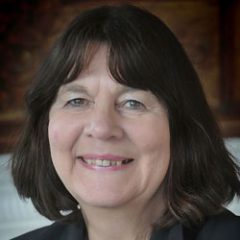
Mary
Mary Coffey is an Adjunct Associate Professor in the Discipline of Radiation Therapy and previous Head of Discipline. She was a member of the ROSIS founder group and is currently chair of ROSEIS and the past-Chair of the Radiation Oncology Safety and Quality Committee of ESTRO.
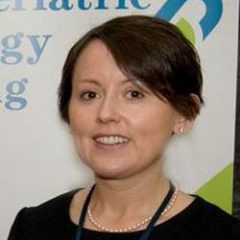
Anita
Anita O’Donovan graduated with an Hons BSc in Radiation Therapy from Trinity College Dublin (TCD) in 2002 and is currently completing a PhD by research. She joined the Discipline of Radiation Therapy at TCD in 2011, as Assistant Professor, having previously worked in both clinical and research positions as a radiation therapist in Saint Luke’s Hospital, Dublin and Cork University Hospital. She coordinates the teaching of risk management for undergraduate and postgraduate radiation therapy students at TCD.
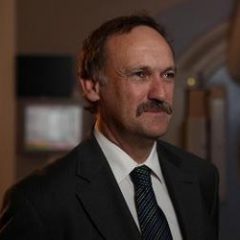
Geoff
Professor Geoff Delaney is the Director of Cancer Services, South-Western Sydney Local Health District and a radiation oncologist. He has been a participant in the Faculty for the ROSEIS workshops since 2012 and participated as a Faculty Member in ROSEIS workshops in Melbourne and Dublin. He is currently a member of the International Liaison group for the ESTRO Radiation Oncology Safety and Quality Committee. He has been a reviewer of two systematic radiation oncology incidents in Australia.
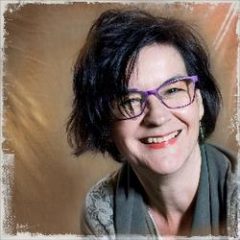
Petra
Petra Reijnders-Thijssen is a manager quality and patient safety at MAASTRO clinic, The Netherlands. She is co-founder and member of the board of the Dutch radiotherapy collaboration PRISMA-RT. Faculty member of the ROSEIS and ESTRO patient safety courses and member of the ROSCQ group. Petra has a master’s degree in Health Care management.

Brian
Brian Liszewski MRT(T), BSc, is a radiation therapist in Toronto, Canada. He is a Lecturer, in the Department of Radiation Oncology at the University of Toronto, and a representative on the Canadian National System for Incident Report in Radiation Therapy (NSIR-RT) advisory committee.

Maeve
Maeve Kearney is an Assistant Professor in the Discipline of Radiation Therapy, Trinity College Dublin. Prior to this position Maeve worked both in her native Ireland and internationally as a radiation therapist. Maeve is a member of the RTT committee and ROSQC in ESTRO and also sits on the Education Council. Maeve’s interest areas include IGRT, Incident Learning Systems and late effect development in AYA cancer survivors.
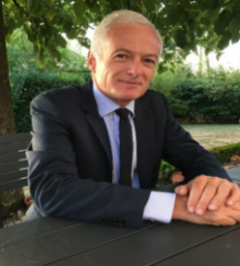
Philippe
Philippe Maingon is radiation oncologist in the Radiation Oncology Department of La Pitié-Salpêtrière, Professor at Sorbonne University, Paris. He was chairman of the Radiation Oncology Group of EORTC, President of the French National Radiation Oncology Society and director of ESTRO teaching courses in Quality Management. He joined the ROSQ Committee in 2020.
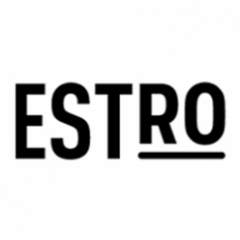
Estro
ESTRO, the European SocieTy for Radiotherapy & Oncology, is a non-profit and scientific organisation that fosters the role of Radiation Oncology in order to improve patients’ care in the multimodality treatment of cancer.
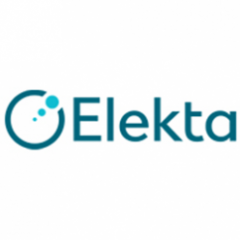
Elekta
Elekta is a leading innovator of equipment and software used to improve, prolong and save the lives of people with cancer and brain disorders. Our treatment solutions and oncology informatics portfolios are designed to enhance the delivery of radiation therapy, radiosurgery and brachytherapy, and to drive cost efficiency in clinical workflows.
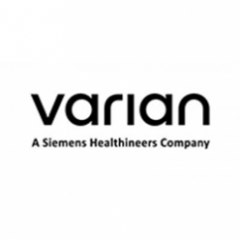
Varian
Varian is a leader in developing and delivering cancer care solutions, including hardware and software for planning and delivering radiotherapy, radiosurgery, proton therapy and brachytherapy. In this capacity, Varian is focused on safety issues throughout the product life cycle. Our attention to patient safety starts with how we design and develop new products and subject them to state-of-the-art verification and validation testing based on industry standards and best practices. It continues through a rigorous and ongoing postmarket surveillance program that collects extensive amounts of data so that we can identify any issues that could affect patient safety. As a result, Varian radiotherapy systems incorporate multiple and redundant safety features designed to ensure that clinical teams can use them safely and effectively.

ROSQC
ESTRO’s Radiation Oncology Safety and Quality Committee.
